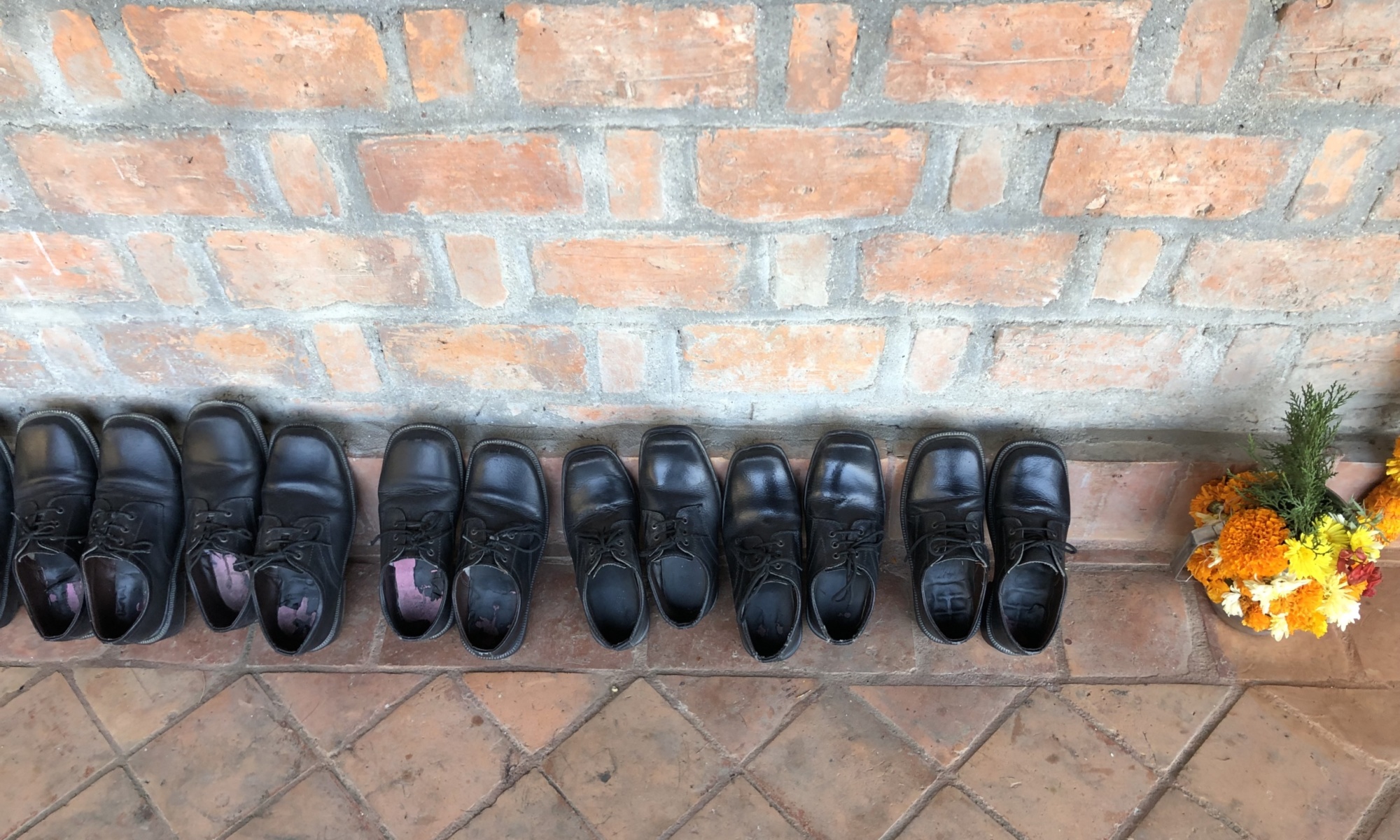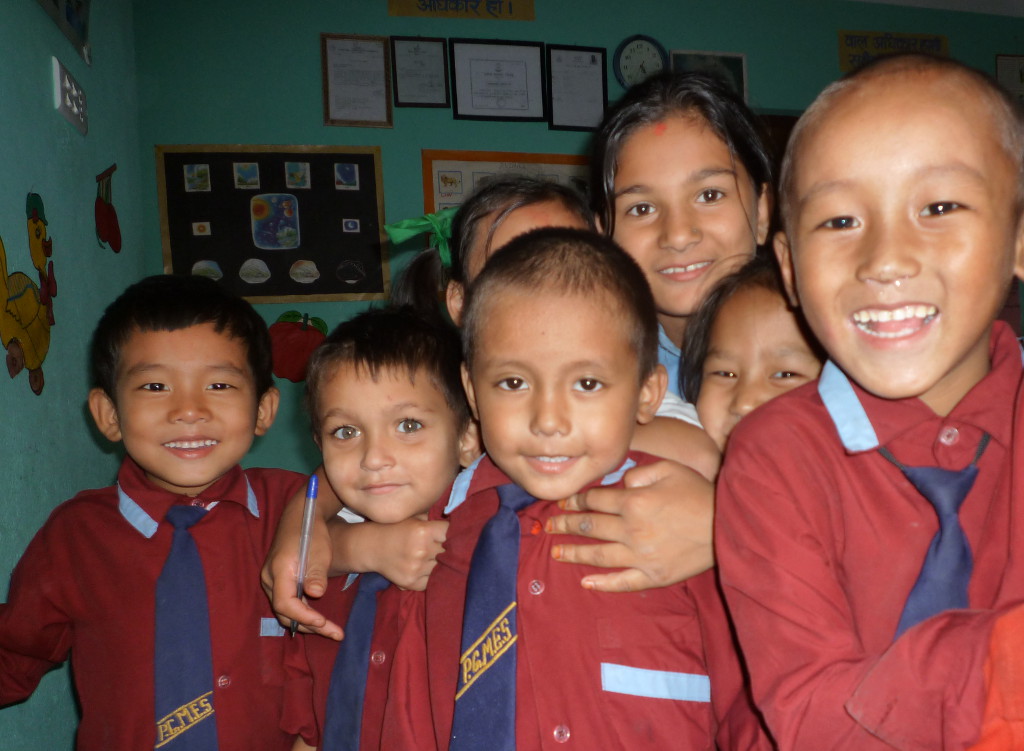RODEC: Rights Oriented Development Center
In Kathmandu, many poor children without the means to attend school spend the day in the street, exposed to all sort of risks (exploitation, accidents, sicknesses and infections due to a total lack of hygiene, …). This way, and without having access to basic education, these children will hardly be able to build up a better future. Those are mainly children of very poor families, migrated from their districts to the capital city in search of fortune, children of single mothers, children abandoned by their fathers or by both their parents and entrusted to a relative, who is too poor to really take care of them.
The parents or relatives of these children work from dawn to dusk for a miserable earning, that isn’t sufficient to cover the family needs, not to mention paying the school fee for the children. Consequently the children are abandoned during the day, quickly becoming “street children”, looking for food and trying to survive in a way or another. The step to micro-criminality, exploitation or drug addiction seams to be easy, if nobody intervenes offering them the possibility to attend school, to have a safe place and a reference person where they feel welcomed and where they receive affection and care.

In one of the poorest neighborhood of Kathmandu, Kam For Sud created a day-care center for about sixty children. The children are enrolled in school and stay at the center before and after the school time. In the center the children receive a full meal in the morning, a snack in the afternoon, support in their homeworks and basic medical care. Furthermore, the social workers also work with the families of the kids, increasing the mothers’ awareness towards hygiene and a balanced diet, even with little money.
This project aims at allowing all children to complete the basic education (10th class) in good physical conditions and being capable to become an independent citizen. Meanwhile, the project supports the mothers, improving the food and hygiene condition of the families, making them aware of their own rights and creating a social network that allows them to feel part of a solidary community.
The activities in details
With the children :
- children enrollment in school
- distribution of a dal bhat (rice, lentils and curry: the Nepalese traditional meal) in the morning;
- support in the homeworks and in the recreational and sport activities after school;
- distribution of a snack in the afternoon;
- regular medical chek-up and basic medication, including the necessary vaccine.
With the families :
- sensibilisation campaigns about: hygiene, health, balanced food, maternity, AIDS, etc.;
- micro-credit for the families.


